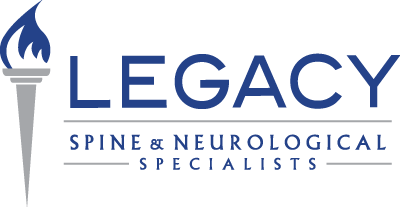Medications are an incredible medical resource for the management and treatment of many neurological conditions. However, all medications have side effects and interactions. This is the case for every prescription, over the counter medication, or supplement a patient takes. For most commonly used medications, side effects and significant interactions are rare. The more medications a patient requires, the higher the likelihood interactions or side effects can occur.
Elderly patients are especially susceptible to medication side effects and interactions. When there is concern for dementia or memory and cognitive defects, medication-induced memory problems must be ruled out first. A number of meds for pain control, depression, allergies, incontinence problems, and a host of other issues can cause confusion in older patients. If the underlying cause is not addressed, patients can then be placed on additional meds for mood issues or agitation that further compound the problem.
Patients requiring multiple medications for pain control are also at high risk of side effects and interactions. Medications used to treat headaches, from prescription meds to OTC ibuprofen or acetaminophen, can cause rebound headaches. Long-term use of narcotic pain meds such as hydrocodone, oxycodone, and tramadol, can increase pain receptors in the body leading to more severe withdrawal and rebound pain symptoms.
It is important to recognize the risks associated with any medication, to make sure your physician is aware of the medications and dosages you are taking, and to be open to idea of reducing medications if your physician recommends it. Bring all of your active meds and supplements to all of your office appointments. Ask questions about the meds you are prescribed. Be cautious of overusing medications. Ask your physician if medications could be contributing to your current symptoms and if reducing those medications is a safe and reasonable option

